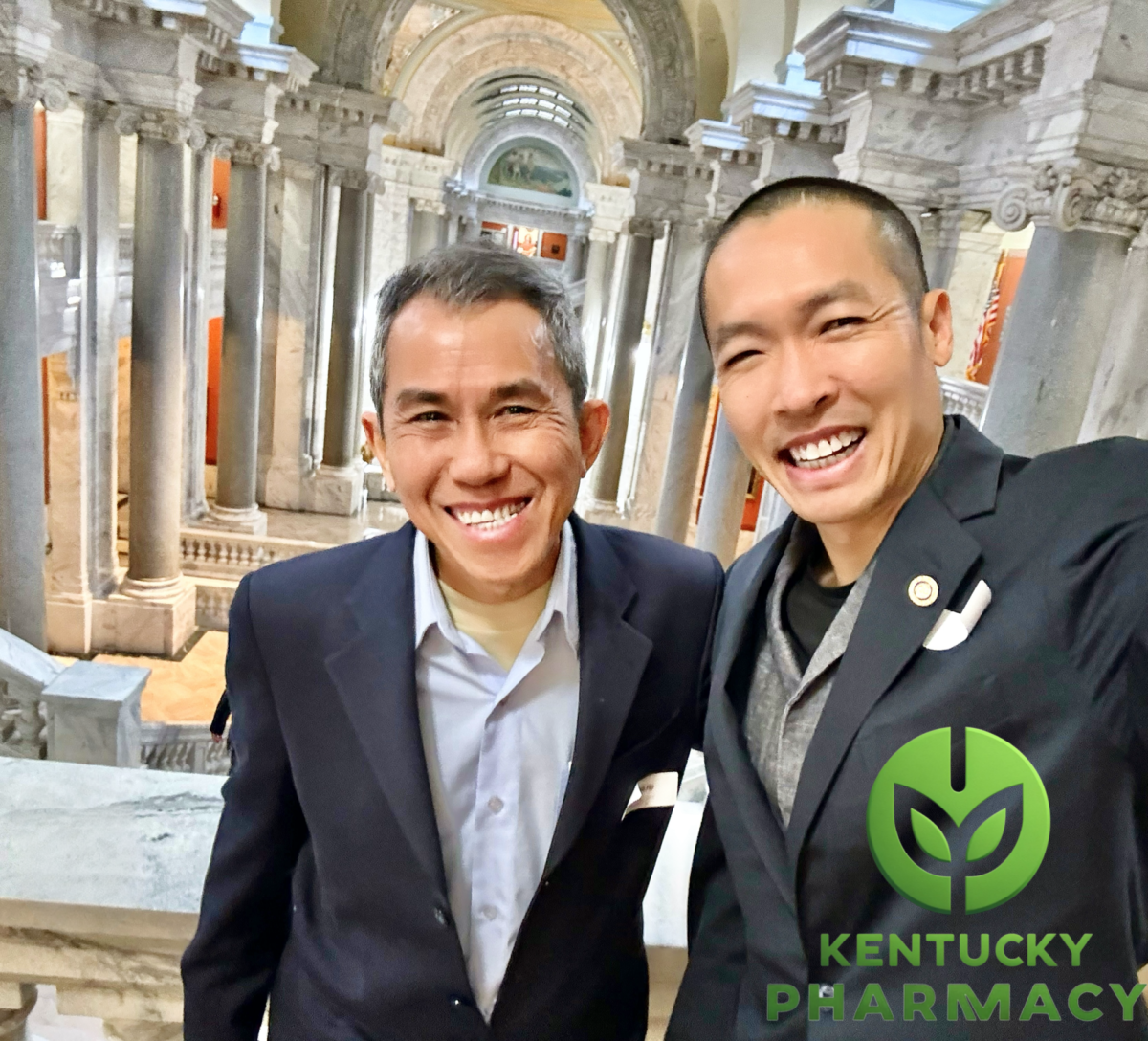As the sun rose on February 23, 2024, it was not just another day for Di Tran, the president of the New American Business Association Inc. Today marked a pinnacle moment, a culmination of years of advocacy for Senate Bill 14, a landmark piece of legislation set to revolutionize the beauty industry in Kentucky. This bill, tirelessly revised over three years and led by the dedication of Kentucky State Senator Reggie Thomas, has seen countless meetings and discussions across all committee levels. It stands today, passed unanimously in the Kentucky State Senate, as a beacon of progress and unity.
In the shadow of this legislative victory, Di Tran stands with an emotion that transcends words, a gratitude that encompasses his faith and love for God. On this momentous day, he shares the spotlight with an American and Vietnamese hero, Tam V. Ho, whose story is a testament to the spirit that Senate Bill 14 embodies.
Tam Ho’s tale is one of profound bravery and selflessness. As COVID-19 swept the globe in March 2020, he was amongst the first, if not the only, nurse to walk into the storm as healthcare facilities cautiously reopened. With the pandemic raging, Tam faced a personal crossroads: his daughter’s wedding was on the horizon. With a father’s love, he chose to advance the wedding, ensuring he could witness the milestone, all the while preparing for what he considered might be a final act of service to his community.
Tam Ho’s decision to continue working amidst the pandemic was akin to signing a life-risking contract with fate. While doctors maintained a distance, Tam was in the trenches, mere hands away from those afflicted by the virus. His courage during those uncertain times became a silent legend, known by those who witnessed his dedication firsthand.
Di Tran, standing beside Tam Ho on this historic day, reflects on the courage and the journey they shared. Both men, united by their Vietnamese heritage and their American dreams, have made indelible marks on their community. As Senate Bill 14 now moves to the Kentucky State House of Representatives, it carries with it the spirit of every nail technician, every entrepreneur, and every student who seeks safety, education, and a place in this high-demand industry.

This bill, a first of its kind, championed by the Asian community and specifically by Asian Nail Technicians, represents more than just reform; it is a narrative of empowerment, of the right to work and learn in a safe environment. It signifies a future where the beauty industry in Kentucky is not just seen as a workforce area but as a field of professional artisans equipped with the knowledge and protocol to thrive safely.
Today, as Di Tran celebrates this legislative milestone, he does so with a heart full of pride for being in the presence of a hero like Tam Ho. It’s a story of two men, from different walks of life, who faced adversity head-on, not just for their own sakes, but for the betterment of all. The passage of Senate Bill 14 is not just a triumph for the beauty industry; it’s a triumph of the human spirit—a spirit embodied by Tam V. Ho, a man who prepared to give everything for his fellow Americans.
On this day, we not only acknowledge the passage of a bill but the passage of a torch—from one hero to another, from one generation to the next. It is the story of Di Tran and Tam Ho, a narrative that will inspire countless others to act with courage, to advocate for change, and to live with a selflessness that defines true heroism.
PS: Dr. Tam V. Ho is an esteemed professional with a PhD in Chemistry, reflecting a profound level of expertise and analytical skill. His multidimensional career spans healthcare and community service, underpinned by a deep commitment to public health and education. As a Licensed Practical Nurse, he has demonstrated extraordinary courage and dedication, particularly noted during the COVID-19 pandemic.
Complementing his scientific acumen, Tam’s wife is a distinguished linguist, fluent in English, French, and Vietnamese. Her educational background in the French system in Vietnam has equipped her to serve as a cultural and linguistic bridge. Her proficiency in Vietnamese literature and her work as a translator for the Vietnamese government underscore a rich engagement with language and communication. Together, they form a remarkable duo, contributing to their communities through a blend of scientific knowledge, healthcare dedication, and linguistic talent.


